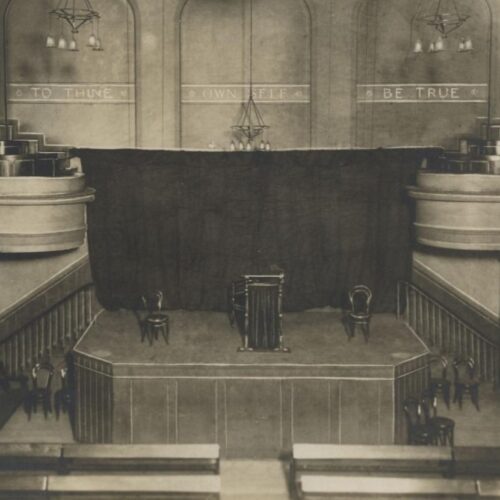

Love is a kind of courage, and, in the hearts of the man and woman who will here wed, there is a silent though unconscious daring.
Ernest Cotton and Florence Wilson were married on 5 September 1914 in a humanist ceremony led by Frederick James Gould. Ernest and Florence likely met through their involvement in socialist Sunday schools, where they may well have first encountered Gould, and perhaps the East London Ethical Society.
Gould, as well as being a pioneer of moral education (as opposed to religious instruction), was also the author of Funeral Services without Theology (1906), and part of a long tradition of the non-religious shaping ceremonies to reflect their beliefs. Although Gould makes use of religious references in this one, the ceremony is firmly secular – with an emphasis on the power of love, and the shared life ahead of the couple.
The ceremony took place at South Place Chapel, London, home to the South Place Ethical Society, who 15 years later would build and move to Conway Hall. The text was preserved in a handwritten notebook, presented by Gould to the newlyweds, and reproduced below by kind permission of their grandson, Andrew Sugden.
Marriage at South Place Chapel, London
Saturday, 5 Sept. 1914
Address by Fredk. J. Gould who here records his personal and sincerest good wishes to husband and wife.
Ernest Cotton and Florence Wilson are here to take each other’s hand in the spirit of affection and honour, and to say before us… that they will henceforward live under the same roof, smile at the same pleasures, grieve over the same trials, face the same temptations, combine in mutual duty, and contribute in joint help to the life of the community.
We are gathered together here, in a circle of friendship, to witness the joining of two lives. Ernest Cotton and Florence Wilson are here to take each other’s hand in the spirit of affection and honour, and to say before us, — kinsfolk and acquaintances — that they will henceforward live under the same roof, smile at the same pleasures, grieve over the same trials, face the same temptations, combine in mutual duty, and contribute in joint help to the life of the community.
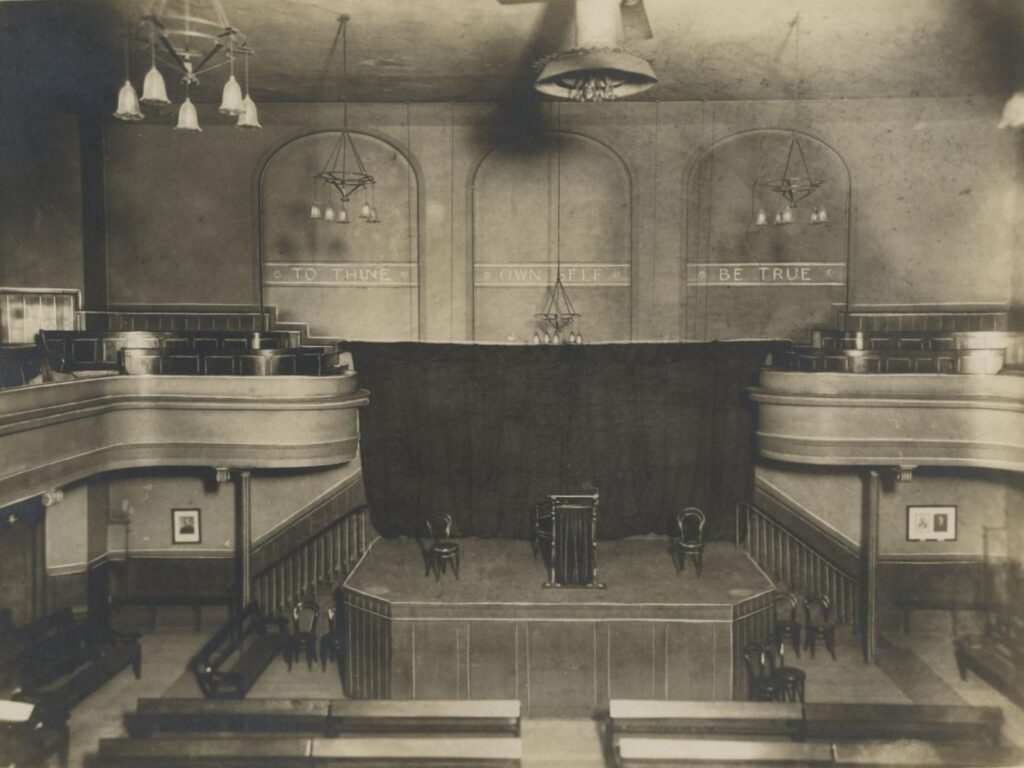
And the ceremony that we here perform is not a subject of interest and moment to themselves alone. It has a meaning for each of us who support them by our presence. Their marriage is the affirmation of a principle which is the very life and health of humanity. The love which marriage expresses is the only bond of true union in the great human family. When the churches say God is Love, when the Christian teacher says “We know that we have passed from death unto life because we love the brethren”, when Marcus Aurelius the Stoic says “We are made for co-operation, like feet, like hands, like eyelids,” and when this man and this woman, in openness and sincerity, declare their affection one for the other, their voices utter, in differing words, its central truth that “there is nothing real in the world but love,” and that love is the only principle upon which society can stably rest. And that is why we, by our very presence here, are witnesses not only of a legal form, but to the value of a social truth.
The hand that presses in kindness is stronger than the hand that smites in scorn.
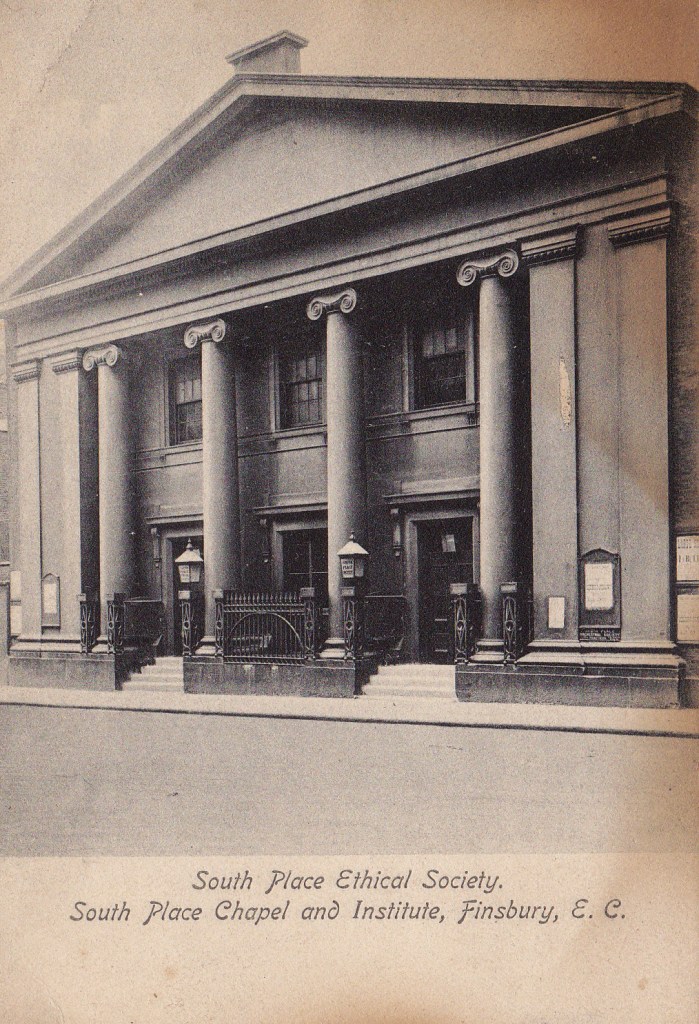
They who have eyes for the sin of the world rather than for its grace, are quick to perceive the evils that darken every day, – envy, hatred, painful competition and war among men, classes, and nations. They do not see that these are but the diseases which invade, but never master the heart of humanity. The hand that presses in kindness is stronger than the hand that smites in scorn. The most powerful things in the world are the things that men reverence. Men reverence motherhood, fatherhood, childhood, friendship, love; and therefore motherhood, fatherhood, childhood, friendship and love are the forces that ultimately triumph. Love is a kind of courage, and, in the hearts of the man and woman who will here wed, there is a silent though unconscious daring. For love stirs their heart into a high resolve which steps into the midst of tasks, difficulties, sorrows and darkness: and pits the force of affection against the force of selfishness. They who wed walk the new road in faith, believing that their mutual tenderness will endow them with power to conquer.
All men and women respect this spirit which expresses itself in marriage. Even those who have failed to realize love in their own marriage will always regard, with a softened heart, the wedding of young lives. Whether happy or disappointed, we all recognize the infinite hope that lies in love; and we know that love is the virtue that heals. The saddest soul is ready to come from the shadow when it hears the song, and smile its blessing, and wave its hand in good will.
The noblest office of love is to create, to build, to renew.
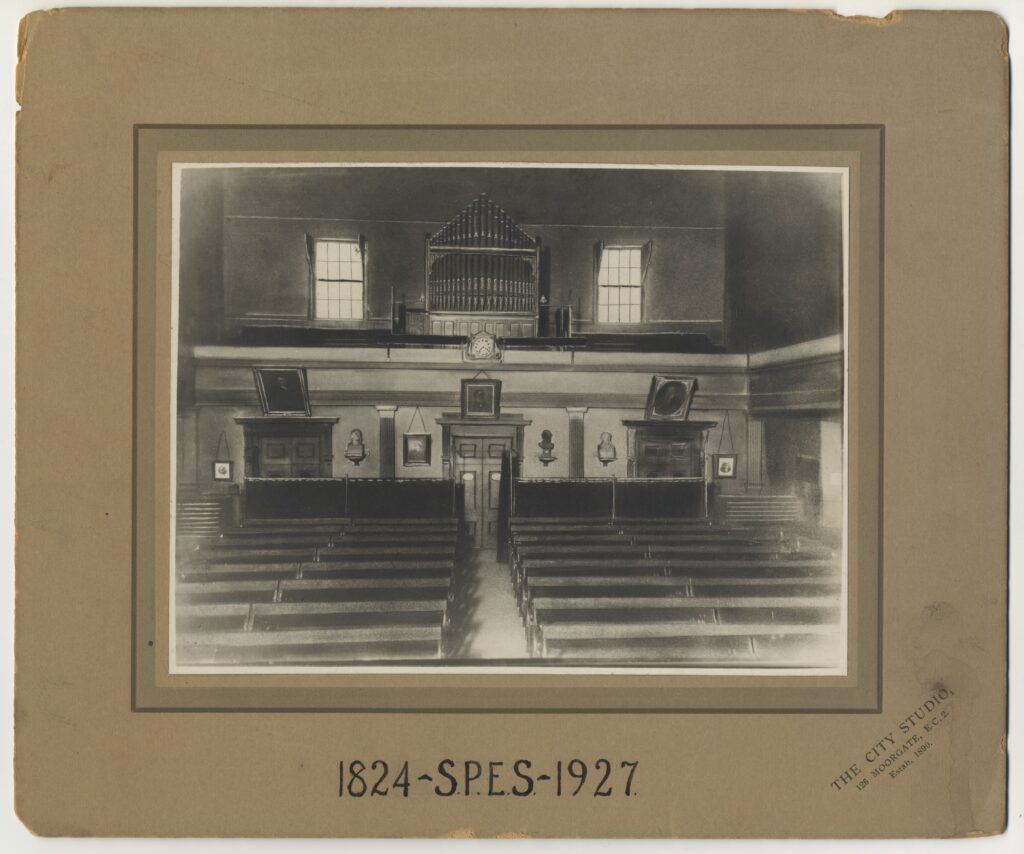
The noblest office of love is to create, to build, to renew. And though it bends with equal willingness over the sick-bed and cradle, yet it fulfils its function more finely in renewing the world’s life than ever in confronting the world’s pain and decay. Painters delight to portray Mary as the Mother of Consolation; but more often as the Madonna caressing the joyous child. Hence love should be the builder and renewer of three great institutions, – the Family, the City, the Nation; and through these institutions it constructs, provides for and defends the life of humanity. It makes the family a true society; and the table at which parents and children sit in mutual regard is the High Altar, and the Daily Meal the Sacrament.
The City, which is too often a mere crowd of voters, will be made more and more into a republic of kindred souls and companions, as the family spirit penetrates our municipal life. And the Nation will grow into a purer political existence as it is more inspired with the family ideal, and values social love higher than the prosperity of the market or the exploits of the soldier.
Our assembly today is rendered significant by reminding us of a principle that affects the universal life of humanity. Because the principle is sacred, we invest it with serious form, and, in the name of the community, ask bride and bridegroom to speak…
Thus then our assembly in this Chapel today is rendered significant by reminding us of a principle that affects the universal life of humanity. Because the principle is sacred, we invest it with serious form, and, in the name of the community, ask bride and bridegroom to speak, in trust towards each other and in loyalty to the social life of which they are members and, each in turn to repeat these declarations:-
[STAND]
I DO SOLEMNLY DECLARE | THAT I KNOW NOT | OF ANY LAWFUL IMPEDIMENT | WHY I ERNEST GEORGE COTTON | MAY NO BE JOINED | IN MATRIMONY | TO FLORENCE MAUD WILSON.
I DO SOLEMNLY DECLARE | THAT I KNOW NOT | OF ANY LAWFUL IMPEDIMENT | WHY I FLORENCE WILSON | MAY NOT BE JOINED IN MATRIMONY | TO ERNEST GEORGE COTTON.
And the second declaration hand in hand:-
I CALL | UPON THESE PERSONS HERE PRESENT | TO WITNESS | THAT I ERNEST COTTON | DO TAKE THEE | F.M.W | TO BE MY LAWFUL WEDDED WIFE.
I CALL | UPON THESE PERSONS HERE PRESENT | TO WITNESS | THAT I FLORENCE WILSON | DO TAKE THEE | ERNEST COTTON | TO BE MY LAWFUL WEDDED HUSBAND.
[RING]
And this ring, given and received, is a token of that Golden Rule, binding upon husband and wife, as upon all men, whatsoever ye would that men should do unto you, even so do ye also unto them.
[SIT]
We therefore call upon the new-made husband and wife, not to obey a code of domestic law, but to keep true to that fresh sentiment of mutual service which brings them here today in happy pledge.
To Ernest and Florence Cotton we all of us here present offer our heartfelt assurances of good wishes and good hopes. These very wishes of ours show that we believe the newly wedded man and wife have in themselves the capacity to build up a household in gracious union and purpose. We do not advise them as to their duties and responsibilities, for, as Paul has finely said, “Love is the fulfilling of the law.” And when husband and wife co-operate in heart, the hands will learn the co-operation of the daily routine in due time and measure.
We therefore call upon the new-made husband and wife, not to obey a code of domestic law, but to keep true to that fresh sentiment of mutual service which brings them here today in happy pledge.
We that have known them both for years past rejoice in thinking that their minds accord as well their affections.
We that have known them both for years past rejoice in thinking that their minds accord as well their affections. Both have looked with a near view upon the life and sorrows of the proletariat of this immense London, and this great industrial England. Both look for the redemption from poverty and class war and international war through the Socialist message, and the Socialist reconstruction. Both look for great social change, “when the day breaks and shadows flee away”, and the world-wide and enduring commonwealth is established on foundations of fraternity.
To ourselves, not less than to them we say, –
Think truly, and thy thought
Shall the world’s famines feed
Speak truly, and each word of thine.
Shall be a fruitful seed
Love truly, and life shall be
A great and noble creed.
And so we stand, with Ernest and Florence, on the threshold of their home, glad with their gladness, hopeful with their hope, and trusting that we who pass their way from time to time, or hear tidings of their work and health and service, may always be able to say IT IS WELL.
F.J.G.
4 Sept 1914.
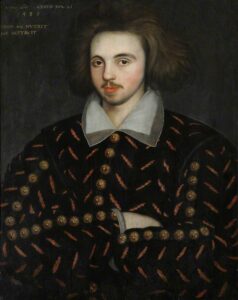
I count religion but a childish toy,And hold there is no sin but ignorance. Christopher Marlowe, The Jew of Malta, […]
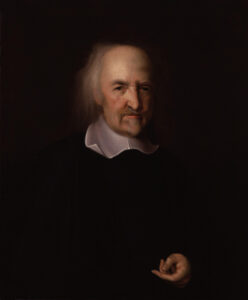
And in these four things, opinion of ghosts, ignorance of second causes, devotion towards what men fear, and taking of […]
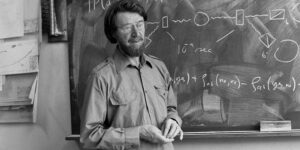
In the beginning natural philosophers tried to understand the world around them. Trying to do that they hit upon the […]
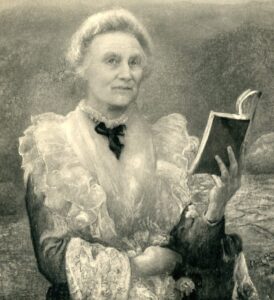
Alice Woods was an educationist and headteacher; a member of the Hampstead Ethical Institute, and a proponent of moral education. […]